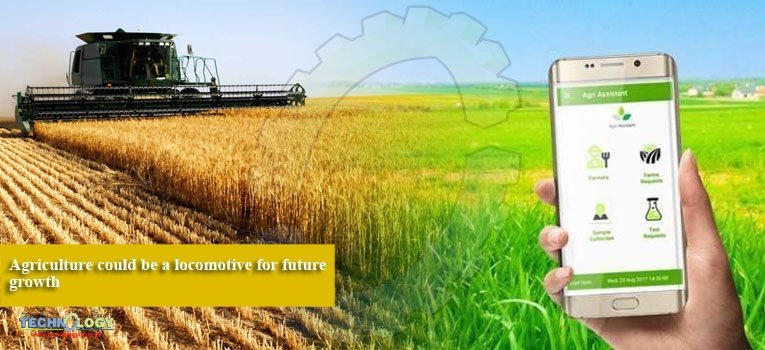‘Punjab Wheat Sector Stakeholders Conference’ organized by the Punjab government in collaboration with FAO United Nations and World Bank jointly organized under the World Bank’s financed “Strengthening Markets for Agriculture and Rural Transformation (SMART) program at P&D Complex.

Addressing the symposium, Punjab Planning and Development Chairman Habib-ur-Rehman Gilani aforementioned that agriculture could be an engine for future growth by modernizing it, shifting towards high value added commodities, boosting export revenue, creating jobs, raising productivity and improving water availability and climate change.
The importance of wheat sector for Punjab’s economy was well-known. He stressed the need for modernizing wheat sector which was a key part of the SMART Punjab Programme launched earlier this year.
Punjab Food Department, the Food and Agriculture Organization of the United Nations (FAO) and World Bank brought together stakeholders from the wheat sector to discuss how the sector could best move forward to serve the interests of all stakeholders.
Provincial Secretary Food Shoukat Ali said Punjab Food Department is dedicated to assist food security in the province and uphold a healthy wheat reserve.
Dmitry Prikhodko from FAO’s Investment Centre, and a leading expert on wheat markets and policy, highlighted that international experience has shown that moving to more market-oriented system benefits all through raising productivity, incomes and quality, thus reinforcing the sectors’ growth and ability to ensure food security needs.
Modernizing the sector would take time, dedication and the sector’s stakeholders working together, and welcomed the Punjab Food Department’s careful manifestation and accord building approach as a key step in successfully moving forward.
Hans Jansen from the World Bank set out how the SMART programme is a comprehensive package designed to encourage positive change across the entire agriculture sector in Punjab and welcomed the government’s willingness, such as the wheat procurement policy, that have caught up a much needed structural change in Punjab’s agriculture sector.
In the short scamper, these improvements will boost farmers’ profits, by cutting costs and increasing yields, and should also benefit consumers in the form of lower prices.